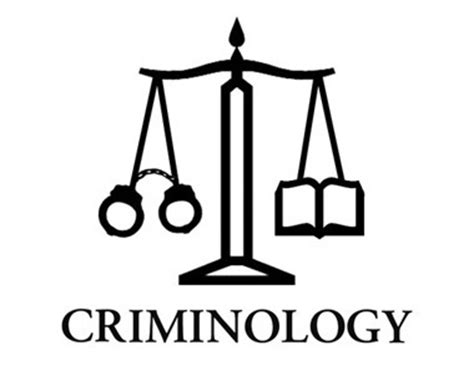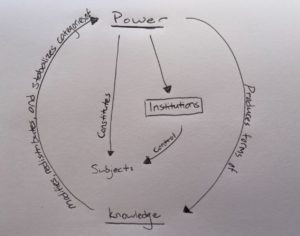Since I was young, the social sciences have always fascinated me, and I knew I had to attend to my burning curiosity for understanding the world on a larger scale. My decision to study criminology was mainly fuelled by my passion for understanding why people commit crimes. However, once the course began, I realized that the initial idea of criminology I had in my head was actually a bit different to what it really is. This was also the same for many students.
Criminology is definitely not about studying serial killers. It is the studying of the science of crime, where we attempt to analyse, understand, and critique previous and modern social processes to understand what crime is and why people commit it.
In this blog, I write about my experiences studying criminology. I hope that this provides insight to help you decide if this course is right for you!
You Always Question Why Things Are the Way They Are
I hate to disappoint you, but nothing can be directly or simply explained. You learn how to theorize and operationalise complex ideas to critique the world we live in. In this course, you don’t just learn about crime, but you also study an array of topics from different fields such as sociology, psychology, data analysis, policy, and philosophy. You begin to develop a social scientist mindset with great critical thinking abilities to decipher how society functions and what our role is inside of it.
For example, recalling one of my favourite modules called The Sociology of Humans, Monsters, and Machines (you do learn about some traditional 'killers'), we learn about how knowledge is created and how it produces power. Although this isn’t a crime-focused module, it makes us contemplate how the modern and unwritten rules of society are created. Why do we act differently in certain areas? What makes things deviant, and in turn criminal? After evaluating the traditional notion of a monster, we started to identify similar characteristics within humans as well. It makes us question whether we are the real monsters in today’s world.
You are Analytical, Explorative, and Connect Everything Together.
This course requires you to be creative to be able to gather research insight from various sources to argue. I’ve learnt that the concept of crime is quite structured but elastic as well. Just like other modules: Mental Health, Race and Racism and The Sociology of Childhood etc, everything kind of correlates with each other in a sense. Once you get the idea of how society functions, you see how the idea of crime is established. Finally, you can answer why people commit crimes. You start to notice that everything can be related to and influential on crime.
Maths?
Yes, there is some maths involved in this course. Data analysis is the part that most students found quite boring. However, keep in mind that these are practical and hard skills that are advantageous for your studies and future employment. You learn how data is generated, collected, and interpreted to evaluate its reliability. You learn to read and compare statistics to understand why things might not actually be the way they actually are. This is, I must say, an essential part of becoming a social scientist.
How will this Course be Useful?
As I mentioned above, this course amps with you more than just extensive research, critical thinking, and data analysing abilities. You also develop many soft skills like team-working, presenting, and interviewing. You are also more aware of information to decide what is real and reliable.
One thing I have noticed is that many students worry that studying the social sciences will not get them anywhere in terms of employment. I must say that isn’t true. Research shows that employers nowadays really value candidates who have social science degrees as they are able to think from a different perspective and in turn offer something different from candidates with STEM degrees. Many social science graduates proceed to work in a large variety of fields not limited to policy, research, business, and so on. A degree in the social sciences is extremely valuable, and employers will see your ability to connect and see the world with a wider lens.
Finally, there is also an option to do a placement year, and the University’s placement teams and Careers Service are always there to help you find your path. Doing a placement year allows you to gain professional working experience and you get to try out what you’d like for a future career. For a social science degree, I would recommend you do a placement as the workforce is competitive. Showing that you have initiative and are willing to step out is important!
I must say that my two years of studying this course have been more than fascinating, and I can’t wait to see what the next year holds. If you have any questions regarding anything related to this course, please feel free to comment down below and I will be more than happy to answer them and share my experiences in more depth!
Responses




What job will u get for criminology course
Hi Selva, you can find out more on our website; https://www.bath.ac.uk/guides/what-do-first-degree-bath-graduates-do/